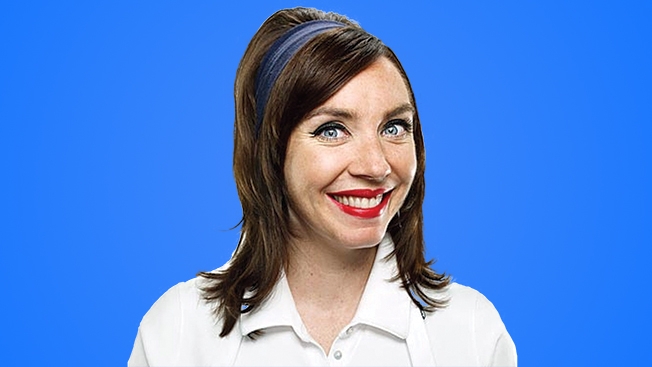
Progressive is in a digital insurance war, and its ad-buying strategy is its secret weapon.
The insurance company has invested in systems on its own, bypassing agencies and working directly with ad tech firm Turn for programmatic buying and more recently for data management and measurement tools.
Advertising insurance is a high-stakes game online, and finding the right consumer is all about getting the best data to serve highly targeted ads. Progressive won’t discuss much of its tactics, protecting them like classified information.
“We’re buying display media all over digital channels across device, desktop, mobile and tablets,” said Chris Scott, Progressive’s head of emerging media. “The things we are excited about are the power of bringing data to the equation and how that adds to our campaigns.”
Progressive is not alone. A number of brands are contemplating the idea of ramping up in-house tech, which media players are trying to dissuade.
Other brands have already invested in their own programmatic platforms, including Geico, The Gap, Netflix and AT&T, ad tech execs said.
Jared Belsky, president of 360i, has seen a handful of brand clients try to jump headfirst into programmatic buying. “A lot of people are under pressure to strike technology deals,” Belsky said. “It’s pervasive.”
With the rise of auction-based online ad exchanges, brands’ first inclination was to invest in programmatic teams and technology. Now, like Progressive, they are licensing directly with data management platforms such as Turn and BlueKai as well as attribution players like Visual IQ.
Licensing these types of services could cost marketers $5 million annually at a minimum, according to sources familiar with the pricing.
Tech players said that do-it-yourself programmatic isn’t exactly rocket science and holds advantages, like allowing brands to maintain control of their first-party data.
“If it’s programmatic inventory, it’s really easy to do,” said Ted Dhanik, CEO of engage:BDR, the Los Angeles-based ad network. “You can train your receptionist to do it.”
In some cases, the agencies have done the training for the brands when they introduced them to programmatic. The media companies help establish teams to work with on the brand side, and that can lead to some interesting calculations.
“You need to throttle back putting too many strategic-minded people over there,” an agency executive said, suggesting that the brands could get too expert and strike out on their own.
Still, some say big media agencies like Starcom and OMD have the advantage. They sell brands on their data platforms, strategies and media deals, which keep the market in continual change as new players emerge such as Facebook, Twitter, Instagram, LinkedIn and Pinterest.
“Programmatic buying is ridiculously complex,” said one media executive. “We will beat you every time at the auction.”